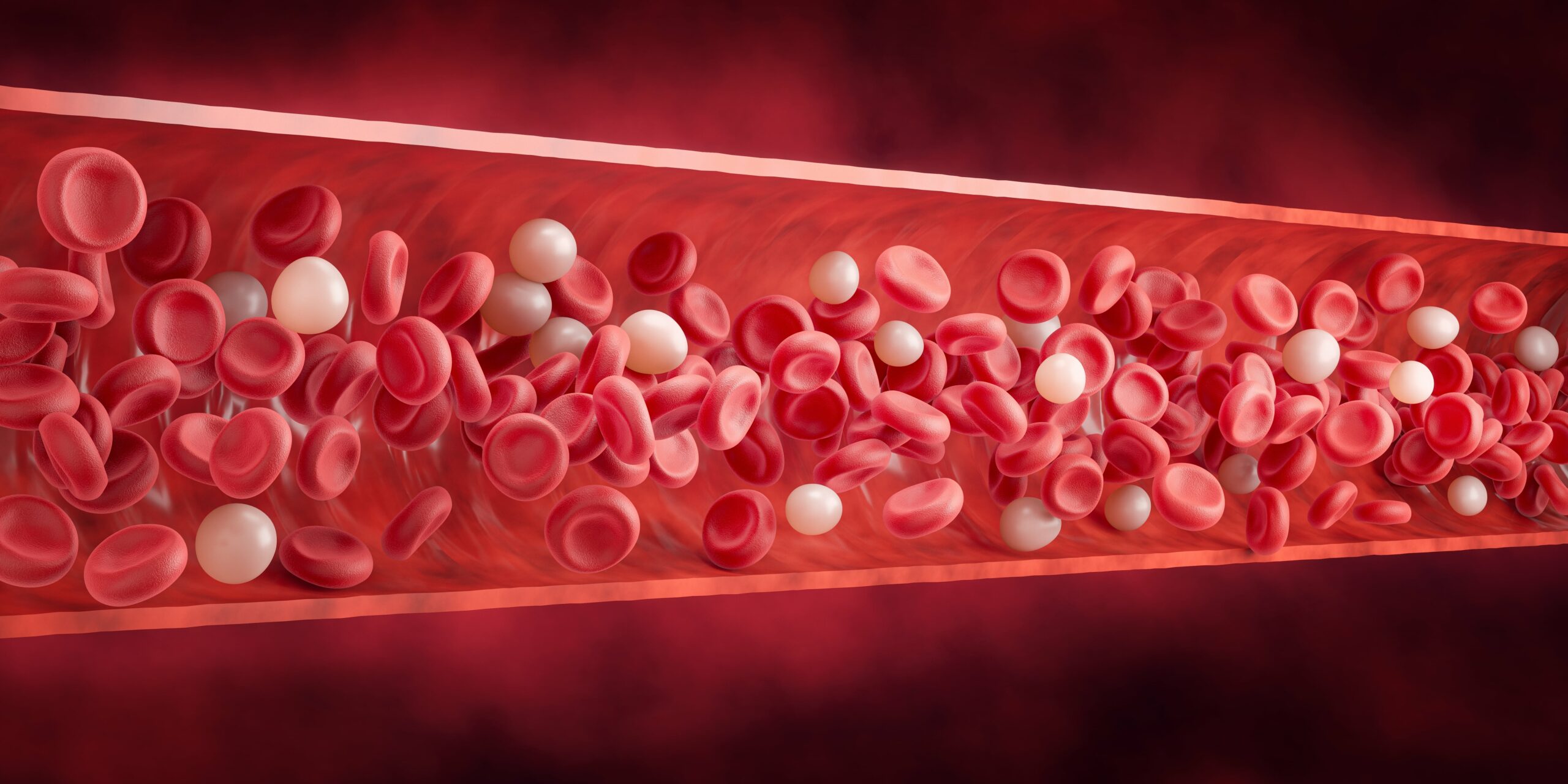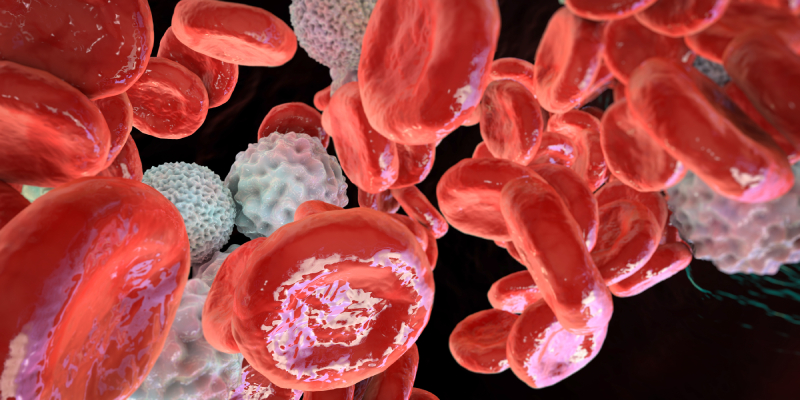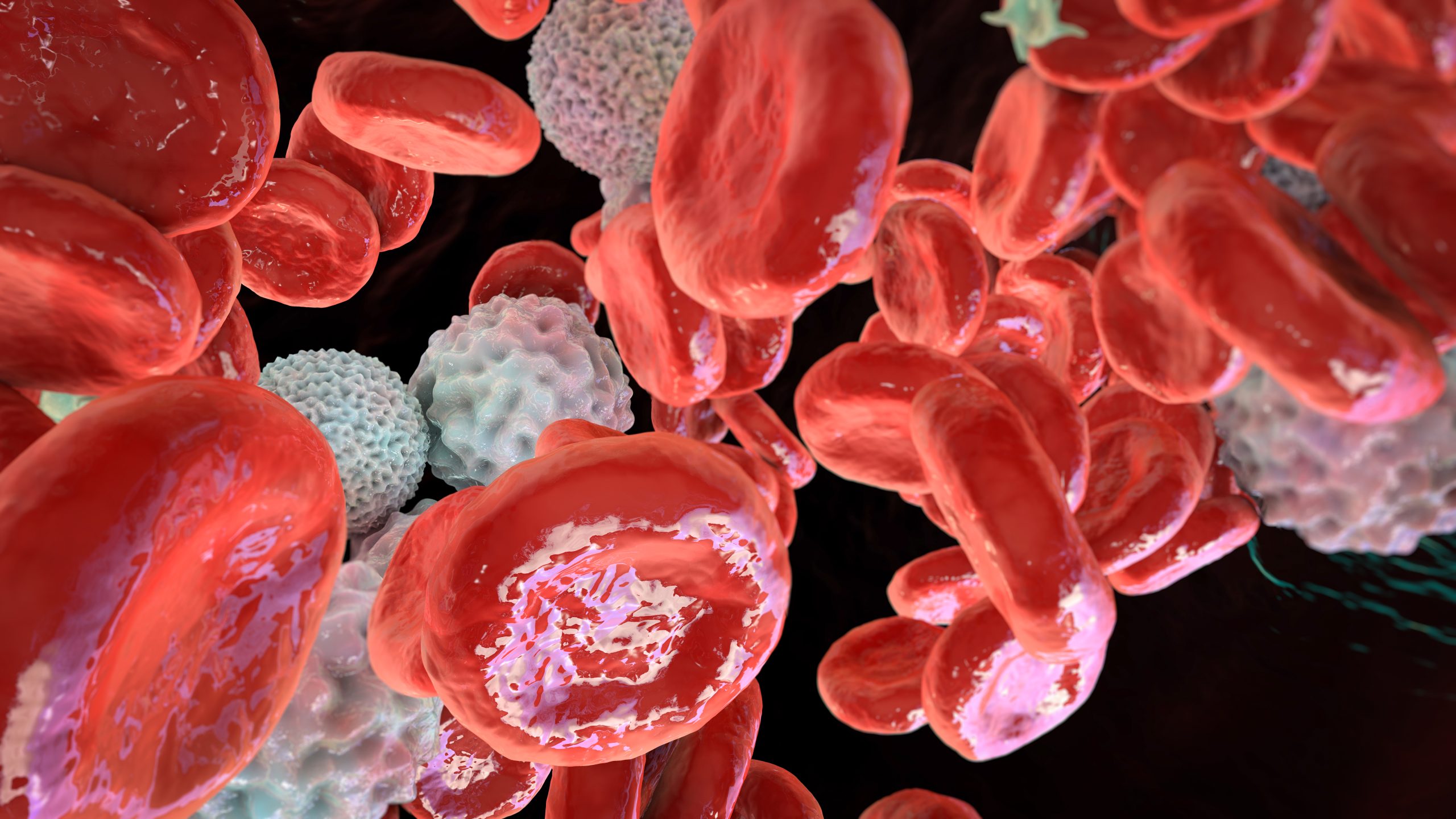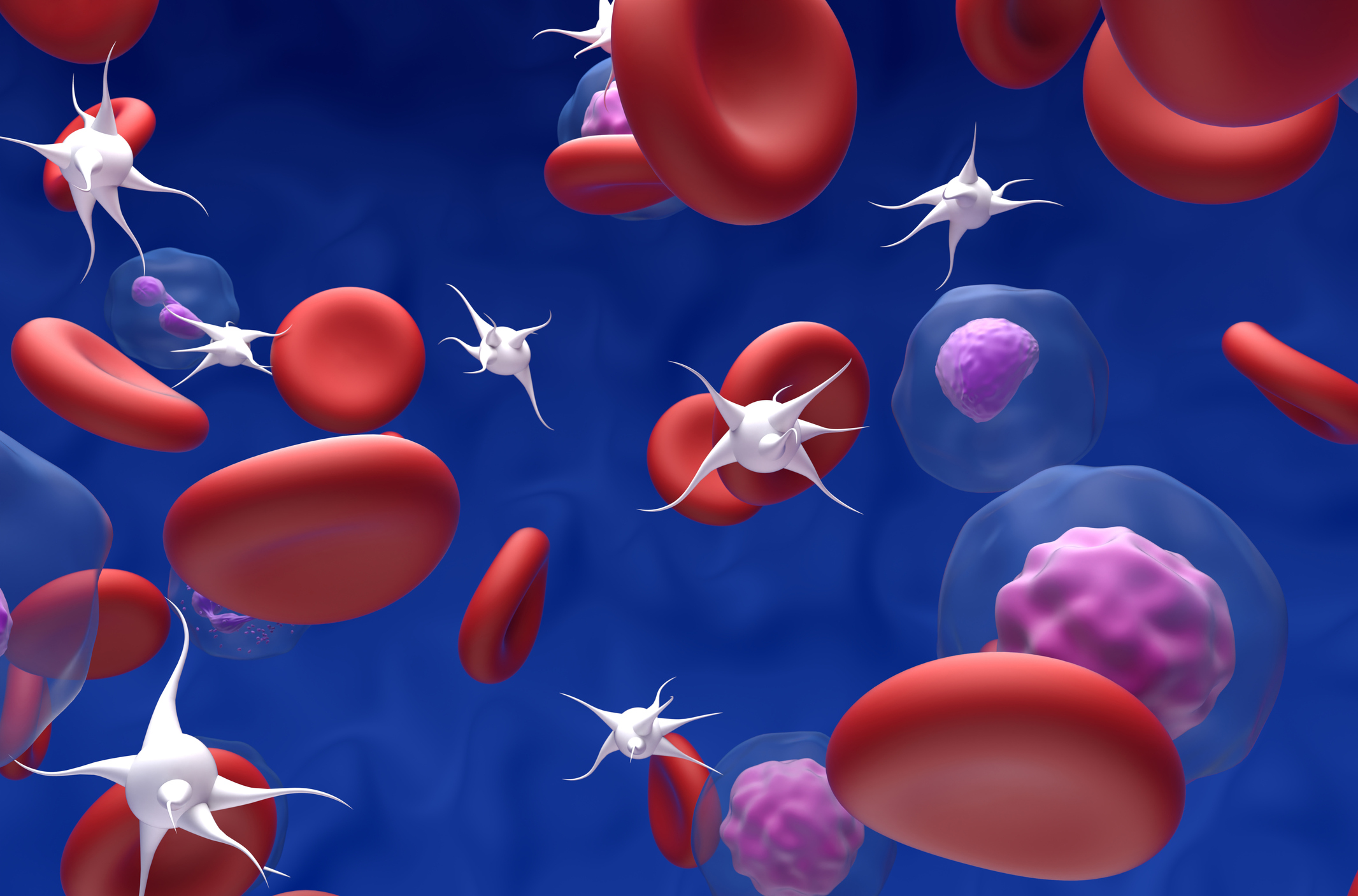
In patients with polycythemia vera (PV) and elevated hematocrit, treatment with rusfertide achieved “rapid, robust, and sustained” decreases in hematocrit levels, increased ferritin, and normalized both serum iron and erythrocyte mean corpuscular volume (MCV), according to an analysis of the PTG-300-08 study.
The findings were presented at the 65th American Society of Hematology Annual Meeting & Exposition in San Diego, California, by lead author Yelena Ginzburg, MD, of the Tisch Cancer Institute and Icahn School of Medicine at Mount Sinai in New York City.
In their report, Dr. Ginzburg and colleagues suggested that “improvements in iron deficiency following rusfertide are suggestive of clinical benefits and merit further investigation.”
PTG-300-08 was a 52-week, phase II, open-label study that enrolled 20 Asian patients with poor hematocrit control (hematocrit >48%) to evaluate the safety and efficacy of subcutaneous rusfertide. The cohort had an average age of 56.70 ± 9.12 years, average weight of 65.0 ± 10.9 kg, and a mean duration since diagnosis of 4.20 ± 3.83 years. Seven patients were classified as high risk based on age, and no patients had a history of thromboembolic events.
Researchers assessed hematocrit, erythrocytes, hepcidin, erythroferrone, erythropoietin, and soluble transferrin receptor at baseline and weeks four, 16, and 32. The analysis stratified participants by baseline ferritin levels to compare the impact of rusfertide in patients with or without iron deficiency (ferritin ≤20 µg/L).
During treatment, rusfertide effectively reduced mean hematocrit levels and maintained levels below 45%, while simultaneously increasing ferritin, transferrin saturation, and MCV. After four weeks of treatment, the 30% of patients with baseline iron deficiency all had ferritin increased and sustained above 20 µg/L.
Overall, the study’s authors suggested “this analysis confirms the general understanding that managing iron deficiency in PV remains an unmet need.”
Reference
Ginzburg Y, Chew LP, Modi N, et al. Rusfertide improves markers of iron deficiency in patients with polycythemia vera. Abstract #3208. Presented at the 65th ASH Annual Meeting & Exposition; December 9-12, 2023; San Diego, California.





 © 2025 Mashup Media, LLC, a Formedics Property. All Rights Reserved.
© 2025 Mashup Media, LLC, a Formedics Property. All Rights Reserved.